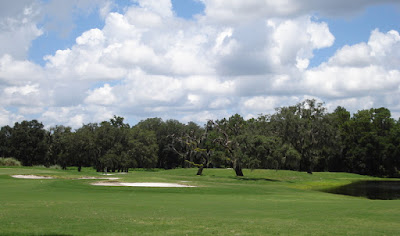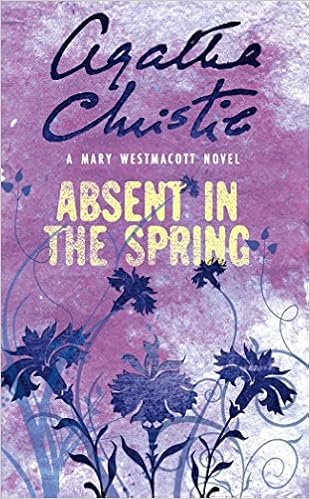Today I’d like to share information and photos from two
Paris museums which are not the Louvre, but held a special attraction
for me. Both are much smaller and less overwhelming than the Louvre, and are
worth a visit if you have the time and inclination.
First up, the Cluny Museum, also known as the Musee
National du Moyen Age. When I was researching Paris, I came upon the
description of some tapestries, known as the “The Lady and the Unicorn,” housed
in the Cluny Museum. I’m not generally interested in tapestries, but for some
reason these intrigued me and though I didn’t know if I’d have time to visit
the Cluny, I tucked away the information for future reference.
As luck would have it, our workshop hotel (Hotel Mercure—no
affiliation), was just a couple of blocks from the Cluny. Since we had a free
afternoon on check-in day that just happened to be the first Sunday of the
month, when museum admissions all over Paris are free, we joined the crowds
moving through the exhibits.
In addition to the tapestries, the Cluny houses a collection
of French medieval art, as well as the ruins of a second-century Roman bath.
There is also a “medieval” garden you can visit without museum admission, laid
out with plants pictured in the famous tapestries.
 |
| The sixth tapestry |
The Lady and the Unicorn tapestries are considered some of
the greatest surviving artifacts from the Middle Ages—the “Mona Lisa of
tapestry art.” According to the Jean-Patrice Boudet’s “The Lady and the
Unicorn” brochure, they are generally thought to have been created in the last
two decades of the 15th century, somewhere in Northern France,
Brabant, Flanders, or the Netherlands. Intricately and beautifully woven with
gorgeous patterns, the series of six tapestries depicts a lady introducing a
unicorn to the five senses, plus a possible sixth sense, according to the
information card in the museum. The meaning behind the tapestries is somewhat
of a mystery—is the sixth sense courtly love, Christian charity, or the
intellect? Or something else altogether? No matter—the tapestries are charming
and I loved them. (To learn more, there’s a short Rick Steves’ video about the
tapestries here.)
Before we left for Paris, I had been reading the Journal of Eugene Delacroix. In addition to being one of the greatest French painters of the Romantic era, Delacroix was an interesting man, and quite thoughtful about life and his painting. Some of his most famous works, including Liberty Leading the People, hang in the Louvre, and he is also known for his murals in the Chapelle des Anges in Saint-Suplice church.
I’m incurably nosy about seeing where artists and writers do their work, so I hoped that I’d be able to visit this museum, which consists of the apartment he lived in from 1857 until his death in 1863, his studio, and a small, private garden. Once more, luck was on my side, and we were also within walking distance of this museum.
The entrance was tucked away in the corner of a quiet square, the Place de Furstenberg, and we almost missed it. His apartment was an example typical Parisian architecture of the late 18th century, and his large, bright studio was built to his specifications. The dimensions of the studio surprised me, but shouldn’t have because of the size and scale of some of his work.
 |
| The entrance |
 |
| Stairs leading to his apartment |
 |
| Monsieur Delacroix |
The best part was the garden, which is hidden from the
street, hidden behind the apartment and studio. Laure and I sat and sketched
there until we had to return to the hotel to meet the rest of the group. The
time we spent in this oasis of peace and quiet in the middle of bustling Paris
was one of my favorite experiences of the whole trip.
 |
| Stairs down to the garden |
 |
| The garden, facing Delacroix's studio |
No matter what your interests, there is something in Paris
for you. Have you been to Paris? What were your favorite experiences?
 |
| My sketch from the Delacroix museum garden |










































